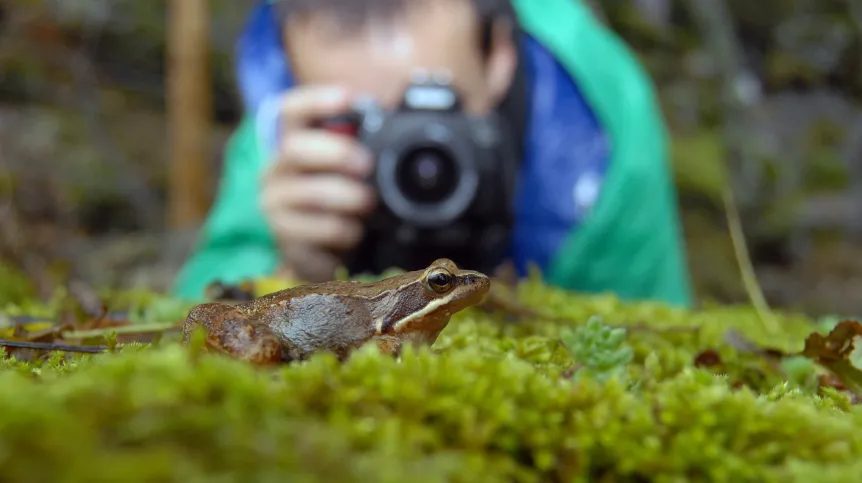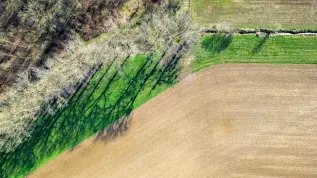
The Mammal Research Institute of the Polish Academy of Sciences in Białowieża has put forward recommendations for ethical wildlife photography.
As the number of nature observers and photographers continues to grow, the Institute said it is good to call out unethical behaviour, educate yourself and others.
A pygmy owl's visit to the institute building provided a good example.
The institute’s scientists said: “The observations were so pleasant that we could watch it from the window of the institute building, without scaring or disturbing it. Unfortunately, information about the pygmy owl's presence appeared in several Facebook groups and for two days we watched a photographer who stood for hours with a loudspeaker and played the male pygmy owl voice, trying to force the pygmy owl to fly down so that he could get a perfect shot.”
Pointing out why this is unethical photography, the scientists said the bird could starve because instead of hunting it is listening to the voice of its rival; it becomes careless and maybe attacked by a predator, such as a sparrowhawk; during the breeding season, it may stop feeding the chicks; the voice exposes the pygmy owl to high stress caused by imitation of a loud rival; the voice of the pygmy owl attracts the attention of the passerine birds, which may start harassing it.
According to the code of ethics of the Association of Polish Nature Photographers, the welfare of the object and its environment is 'much more important' than taking the photograph. When photographing in the field, the photographer should prioritise the safety of animals and refrain from disrupting their lives - 'especially during the breeding season'.
According to the recommendations, photographers should avoid leaving clear traces of their presence, and should not intentionally visit the sites of species sensitive to disturbance. The use of voice-reproducing devices is only allowed under the condition of conducting research, for which permission has been obtained. One should not disturb animals in their sleeping places and unconditionally respect winter hibernation.
The code provisions also point out that photographing in the protection zones of habitats of endangered species of plants, fungi or animals may only take place after obtaining the appropriate permit.
The full text of the code (in Polish) is available on the website (https://www.zpfp.pl/kodeks-etyczne-zpfp).
PAP - Science in Poland
bar/ agt/ kap/
tr. RL













